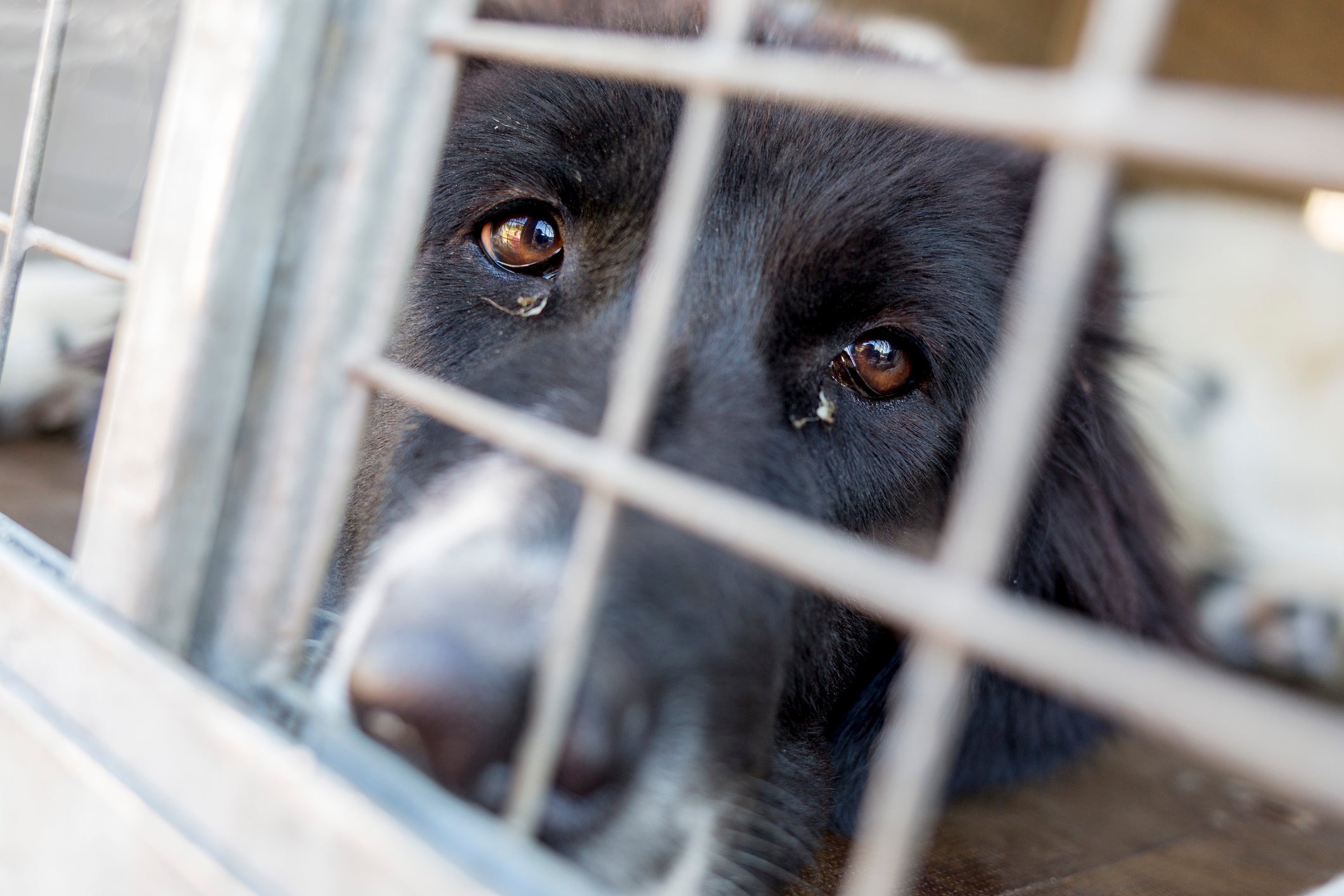It’s time Britain stopped experimenting on animals – for their sakes and ours
These tests do far more harm than good, not just for animals but for humans who are perpetually let down and denied better medicine


Your support helps us to tell the story
From reproductive rights to climate change to Big Tech, The Independent is on the ground when the story is developing. Whether it's investigating the financials of Elon Musk's pro-Trump PAC or producing our latest documentary, 'The A Word', which shines a light on the American women fighting for reproductive rights, we know how important it is to parse out the facts from the messaging.
At such a critical moment in US history, we need reporters on the ground. Your donation allows us to keep sending journalists to speak to both sides of the story.
The Independent is trusted by Americans across the entire political spectrum. And unlike many other quality news outlets, we choose not to lock Americans out of our reporting and analysis with paywalls. We believe quality journalism should be available to everyone, paid for by those who can afford it.
Your support makes all the difference.Having appeared on many stages and film sets during my career I can say with conviction that stepping into the theatre of British politics never fails to inspire and excite.
I shall proudly once more step into the breach and ask MPs to do right by their constituents tomorrow, on Monday 23 May, and overhaul our country’s outdated medical research.
As the government’s own statistics show, almost three million dogs, horses, cats, mice, monkeys, pigs and rats were used in animal experiments in 2020 by scientists seeking to understand more about the human body and why and how we get diseases.
Their otherwise noble quest subjects animals to immense suffering, even though this yields little or no direct benefit for human health. To illustrate: more than 92 per cent of drugs that show promise in animal tests, and proceed to human trials, fail to get to the clinic. This is mostly for reasons of poor efficacy and safety that were not predicted by animal testing.
I am not surprised by this appalling failure rate and neither should you be, nor should our policymakers. There are vast genetic differences between our species and the animal kingdom. Small wonder that experiments like near-drowning mice to study depression fail to yield breakthroughs for human health – though they shock (every time) anyone who cares for animals.
I cite one of the many thousands of needless animal experiments licensed by the Home Office each year. These tests do far more harm than good, not just for animals but for humans who are perpetually let down and denied better medicine because of archaic medical research.
The UK’s policy governing animal experiments is based on Victorian science, even though research methods have advanced immensely in this century and continue to do so at a pace. New Approach Methodologies (NAMs) such as organs-on-a-chip, stem-cell cultures and artificial intelligence have transformed laboratories, allowing researchers to undertake human-relevant science to better understand human diseases.
But a lack of awareness and understanding of these new methods is stymying their uptake and widespread use, a situation made worse by an entrenched culture that too often perpetuates animal research as the gold standard.
That’s why I, as patron of Animal Free Research UK, will present a policy paper called Eight Steps to Accelerate Human Relevant Innovation to parliament on Monday. I will call on the government to launch a formal root and branch inquiry into our country’s medical research. I shall also ask for a special minister for human-relevant science to accelerate the transition to 21st-century research science.
Presently, responsibility for the use of animals in research is fragmented, shared between several different government departments, including the Department for Business, Energy and Industrial Strategy, the Home Office, and the Department for Environment, Food and Rural Affairs (Defra).
This disjointed approach leads to poor understanding and knowledge of the alternatives to animal use – those which have the potential to save time and taxpayers’ money in the search for better medicines and improved health – as well as save animals’ lives.
Funding on a scale that reflects the urgency and importance of this crucial issue needs to be secured, as does ensuring that the law contains a clear commitment to the ultimate replacement of animal experiments with human-relevant methods. Plugging the gaps in training and technical knowledge, and forming partnerships with experts to identify and promote the modern methods to replace outdated, failing animal use, is also required.
There is also a strong economic argument for such a ministerial appointment. The Centre for Economics and Business Research forecasts that human-relevant science could contribute £2.5bn to the UK’s GDP by 2026. Significant, strategic investment would further boost this cutting-edge global industry and place Britain at its forefront.
There is growing international momentum behind the transition to human-relevant science. The US and the Netherlands are ambitiously investing in modern medical research. Britain risks being left behind if policymakers fail to act boldly and soon.
To keep up to speed with all the latest opinions and comment, sign up to our free weekly Voices Dispatches newsletter by clicking here
It is worth highlighting the dilemma faced by animal-free research scientists. Even if their modern research generates much better data – even if it demonstrates much more potential to improve human health – scientific journals often still want results from animal research. And regulators will require animal tests before new medicines can progress into clinical trials.
Surely this maddening catch-22 alone demonstrates the urgent need for change. The good news is that the UK is brimming with scientific talent and is uniquely placed to play a leading role in galvanising international support to change the rules universally. That way we can finally consign animal research to where it belongs – the history books.
I will implore the representatives of the British people to speak out on behalf of the amazing scientists and animals. I shall ask that they speak out and demand change for their constituents who deserve better medicines, to act now and to act boldly to accelerate human-relevant medical research – and to bring about a kinder science that benefits people and animals.
Dame Joanna Lumley is the patron of Animal Free Research UK. Find out more here
Join our commenting forum
Join thought-provoking conversations, follow other Independent readers and see their replies
Comments